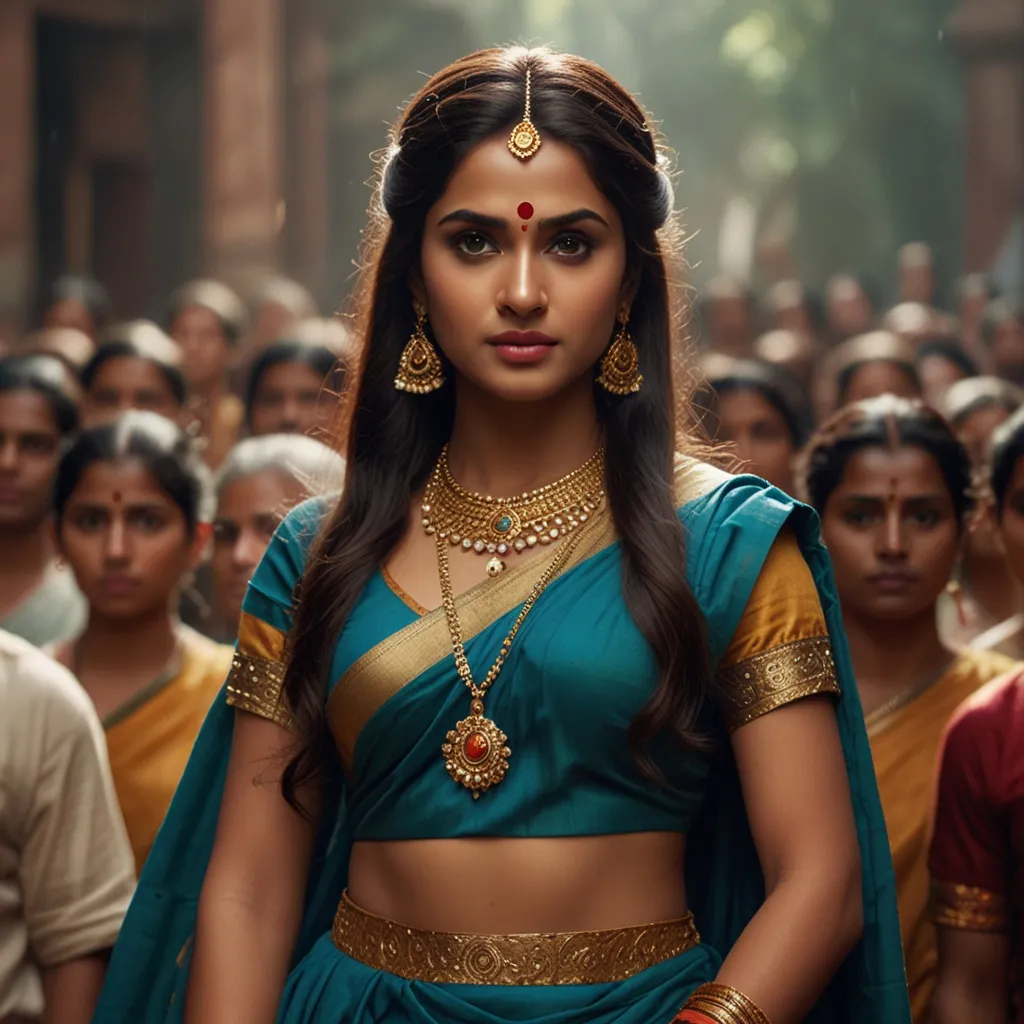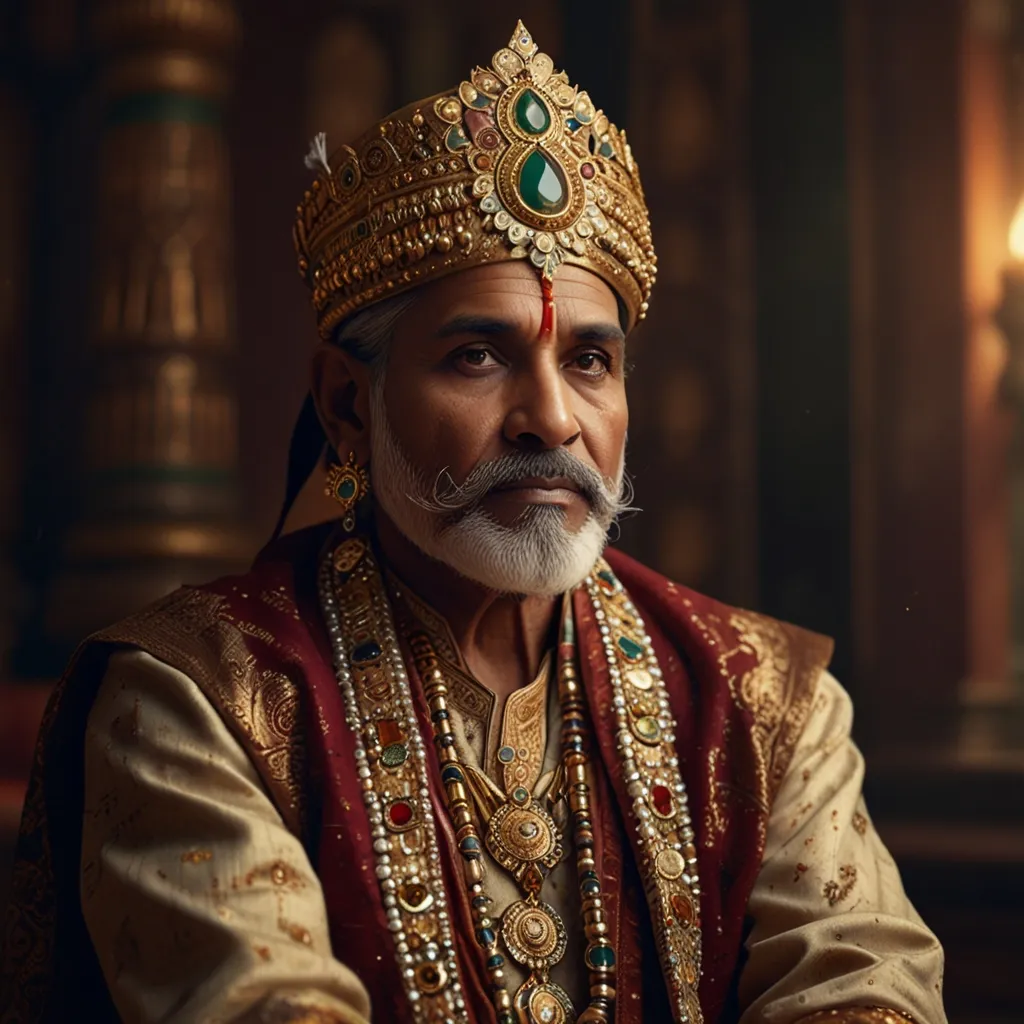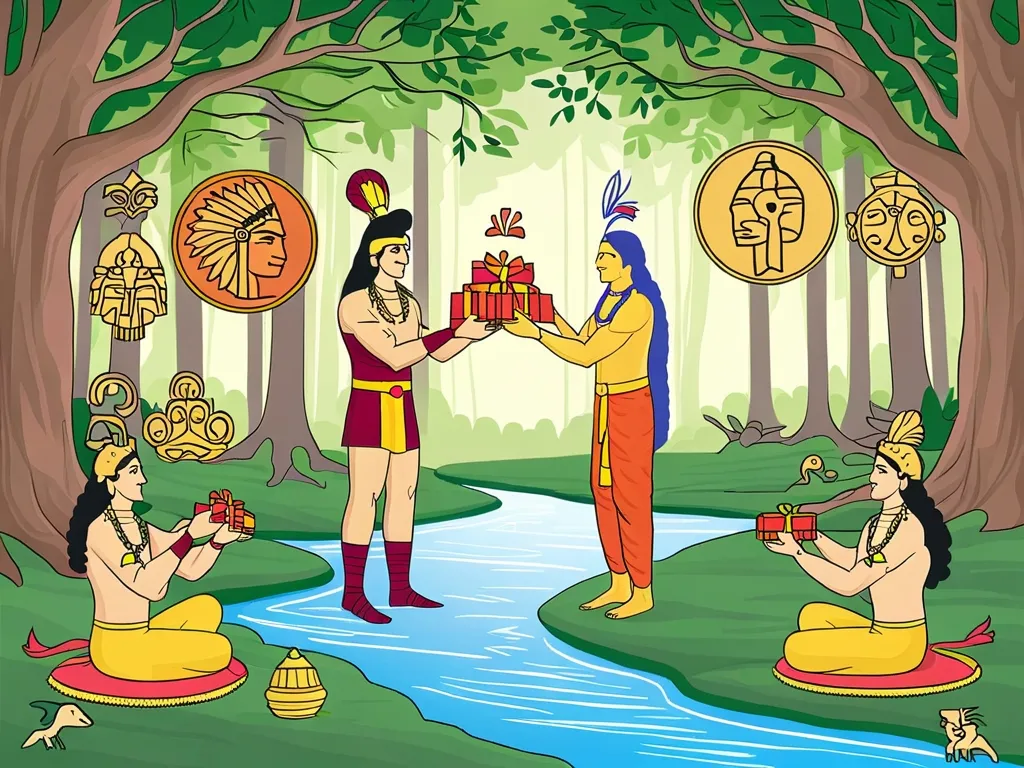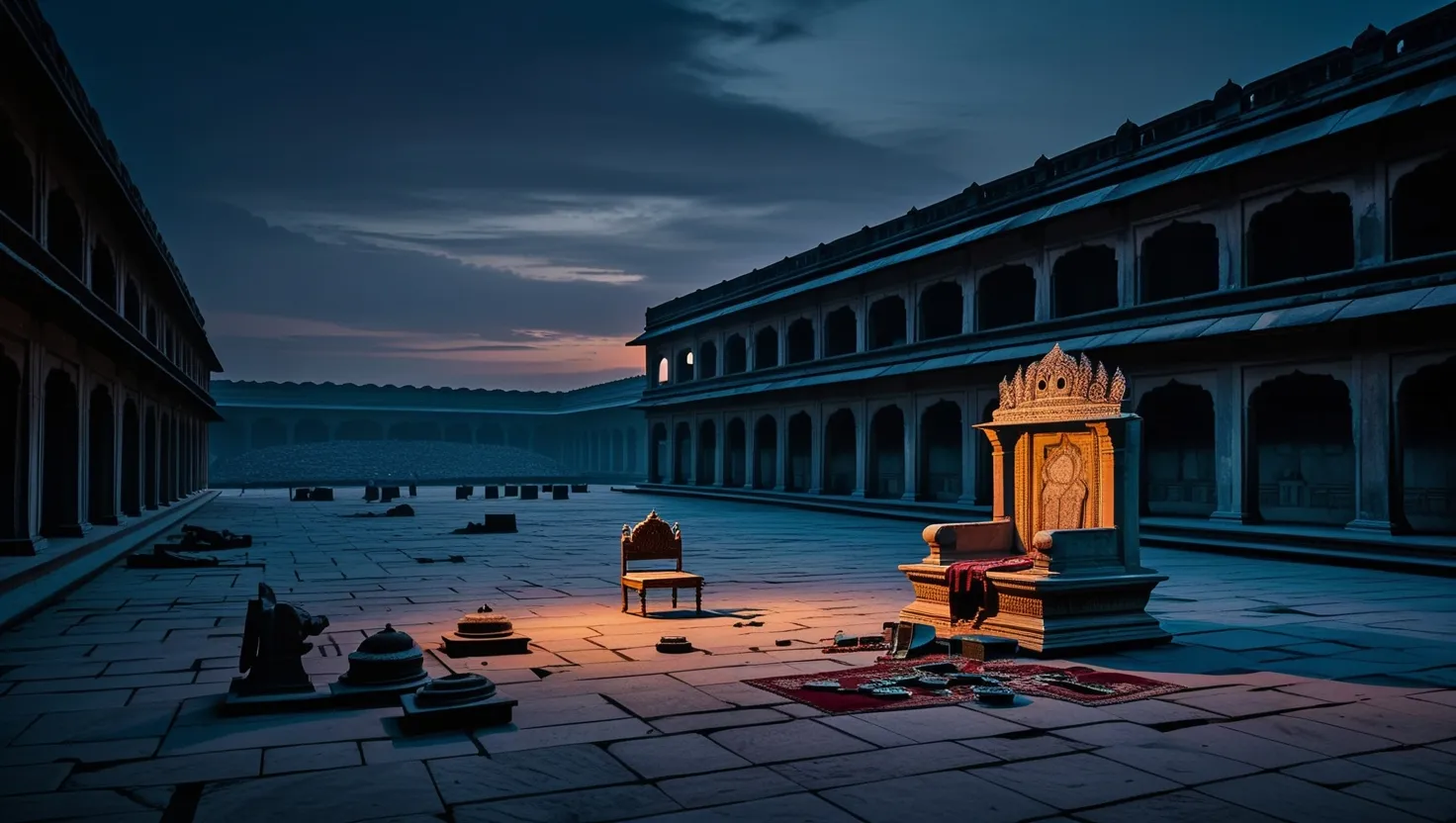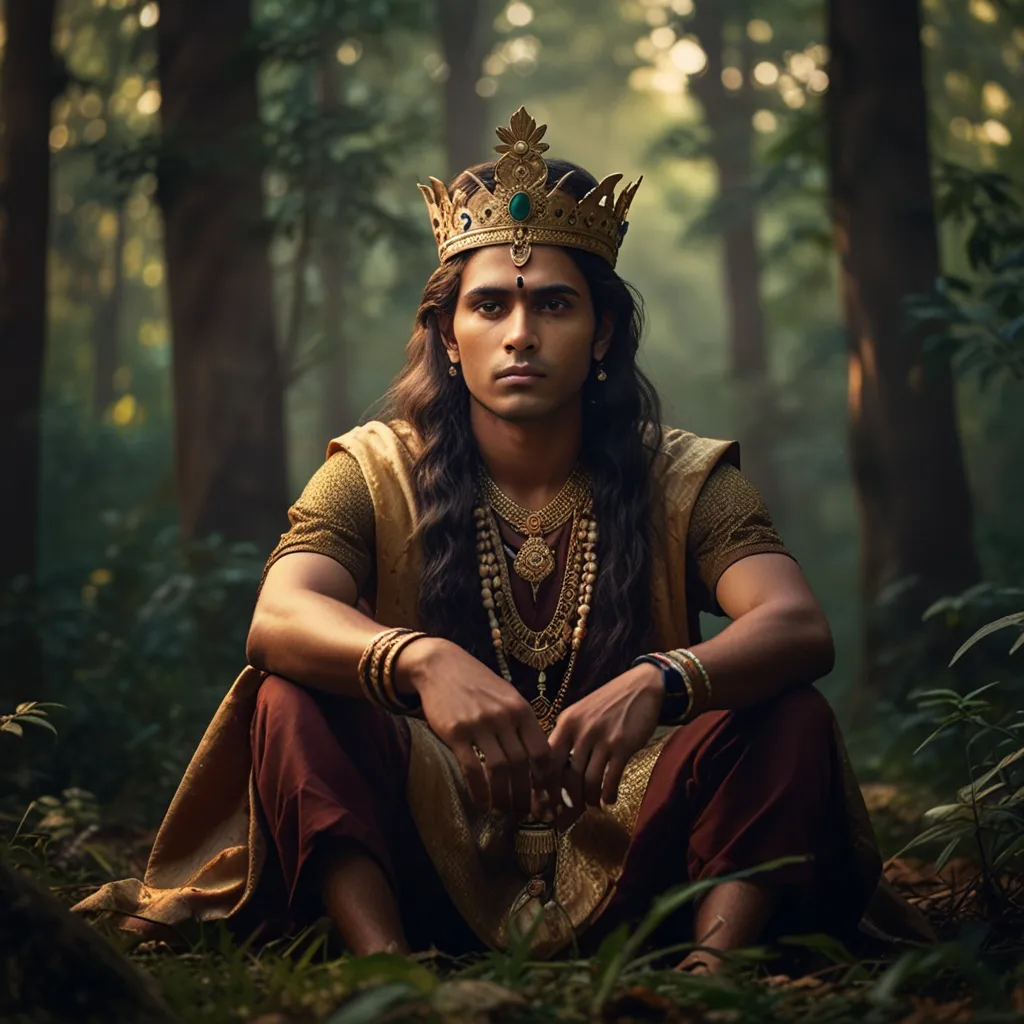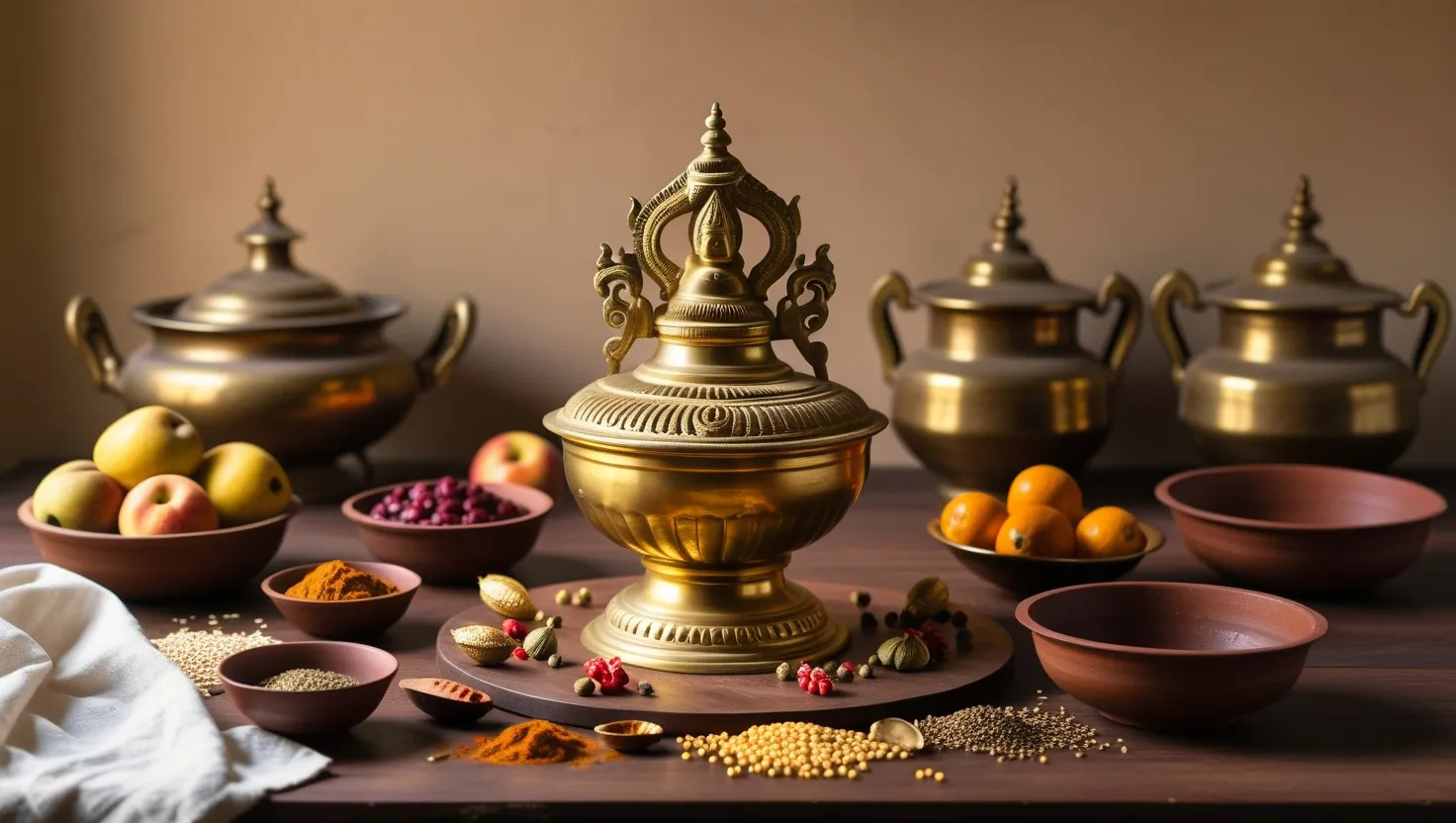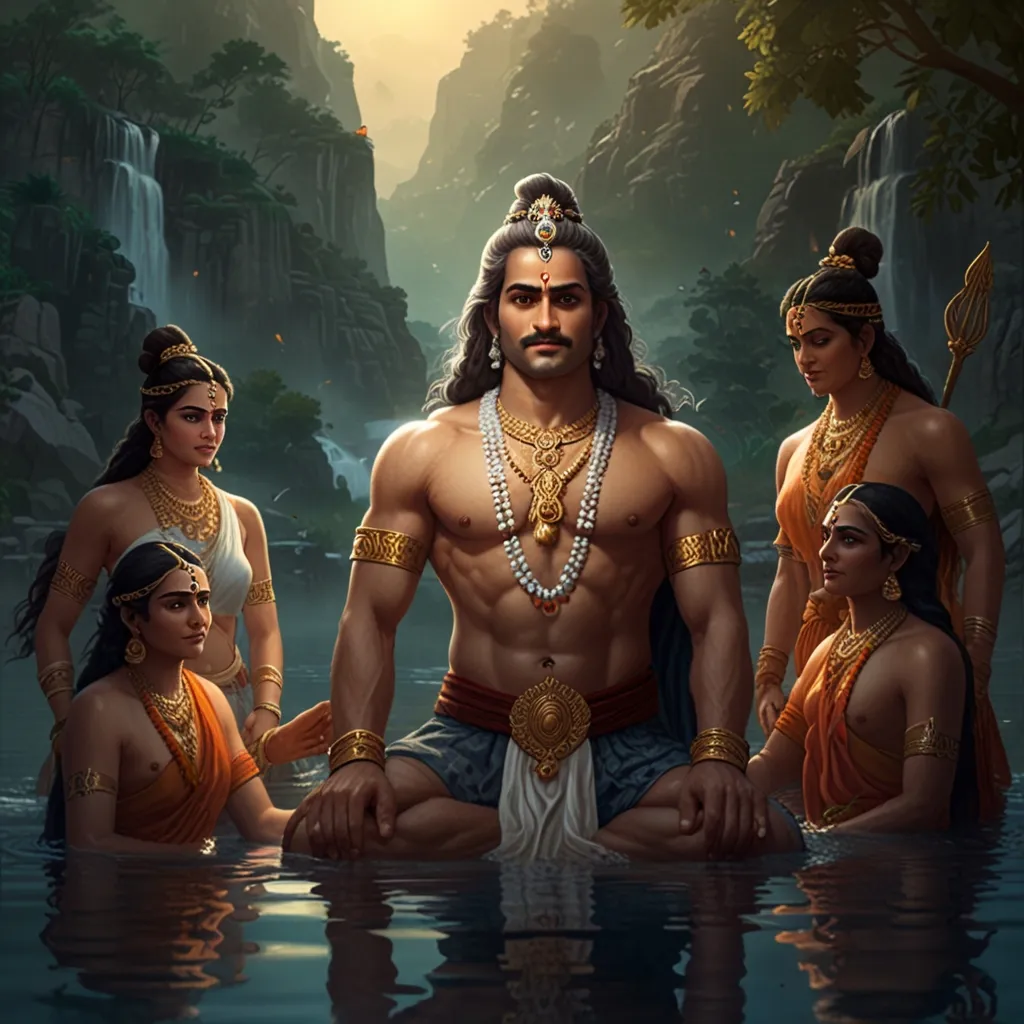In the wild and sweeping saga of the Mahabharata, Draupadi is the epitome of resilience and strength. Her life story carries the heavy load of struggles that women faced (and still face) in societies governed by strict patriarchal norms. Born out of the sacred sacrificial fire of Yagya, Draupadi, also known as Yajaseni, had a life prophesized for greatness but marred by profound suffering.
Draupadi’s journey really picks up pace with her marriage—arguably the most cinematic twist in her narrative. In a rather complex and, let’s be honest, sticky situation, Draupadi ends up marrying not one, but five brothers—the Pandavas. This wasn’t exactly her dream wedding; it was the result of some intricate meshwork of circumstances designed to maintain peace among the brothers who were smitten by her remarkable beauty. Essentially, her marriage seemed more about politics and less about love, setting the stage for a rollercoaster of tumultuous events.
One of the most heart-wrenching episodes in Draupadi’s life has to be her public shaming in the Kaurava court. Imagine this: the eldest Pandava, Yudhishthira, gets sucked into a disastrous dice game set up by his ruthless cousins, the Kauravas. In a losing spree, Yudhishthira gambles away everything—his riches, his kingdom, his brothers, and somehow even himself. And when he hits rock bottom, he stakes Draupadi, praising her beauty and virtues like she’s some prized possession. This dehumanizing act becomes the haunting backdrop of Draupadi’s life.
The Kauravas, led by the infamous duo Duryodhana and Dushasana, dive headfirst into their victory. Dushasana yanks Draupadi into the court, dragging her by her hair. Picture her, wearing a single sari, menstruating, pulled before a crowd of silent onlookers, which included her own husbands. The silence in the court felt like a slap, a harsh reality check on how society often leaves women to fend for themselves.
But Draupadi wasn’t one to accept defeat, no way. In her moment of despair, she turned to Lord Krishna, praying intensely. And Krishna, embodying divine grace, responded by making her sari endless. Dushasana kept pulling, but the sari kept extending, saving Draupadi’s modesty in this chilling scene of divine intervention. It was a clear message about the power of faith and divine protection.
Even with this divine save, the humiliation left deep wounds. Draupadi’s anger festered, transforming into a burning desire for revenge. She let her hair remain untied for thirteen years, a symbolic reminder of her vow. She wasn’t about to let anyone forget what had happened, especially not the Pandavas or Krishna.
Draupadi’s tale isn’t just a story of suffering though; it’s an ardent tale of empowerment. She wasn’t a mute spectator to the injustices around her. She called out the elders in the court for their disgraceful silence, challenging the norms that saw women as mere objects. Her fierce spirit was a rallying cry for action, a potent reminder that women shouldn’t be reduced to pawns in male-dominated games.
Over the course of the Mahabharata, Draupadi’s character shifts gears from being a victim to being a strong catalyst for change. She became the spark that ignited the Pandavas’ thirst for vengeance, pressing them to gear up for the colossal war against the Kauravas. Her presence was a persistent nudge, a loud declaration that they mustn’t let the wrongs done to them slide.
The great war that followed was the boiling point. A whirlwind of bloodshed and valor, defeats and victories, driven by the undercurrents of Draupadi’s plight. She was the fuel in the Pandavas’ engine, her quest for justice a compelling force that kept them fighting fiercely. The climactic battle saw everything Draupadi had prophesized come true. The Kauravas, including Duryodhana and Dushasana, faced brutal ends. But victory didn’t taste as sweet as one might expect. Draupadi lost her sons, her brother, and her father amid the carnage. The immense toll of violence left her enveloped in loss and trauma.
Draupadi’s story is a striking medley of suffering and strength, public humiliation and personal empowerment. She’s one of those characters who has kept audiences and readers on their toes, being both celebrated and controversial. She’s a shining beacon for women who won’t be quieted or oppressed, her legacy inspiring generations to stand tall against injustices, no matter how formidable the opposition.
Her tale from the Mahabharata isn’t just an ancient yarn; it’s a resonant call to keep fighting for what’s right, to never bow down to the shackles of unjust norms. As long as stories of courage and resilience are told, Draupadi’s powerful spirit will continue to inspire and provoke thought, a timeless lesson on the strength and indomitable spirit of women.
